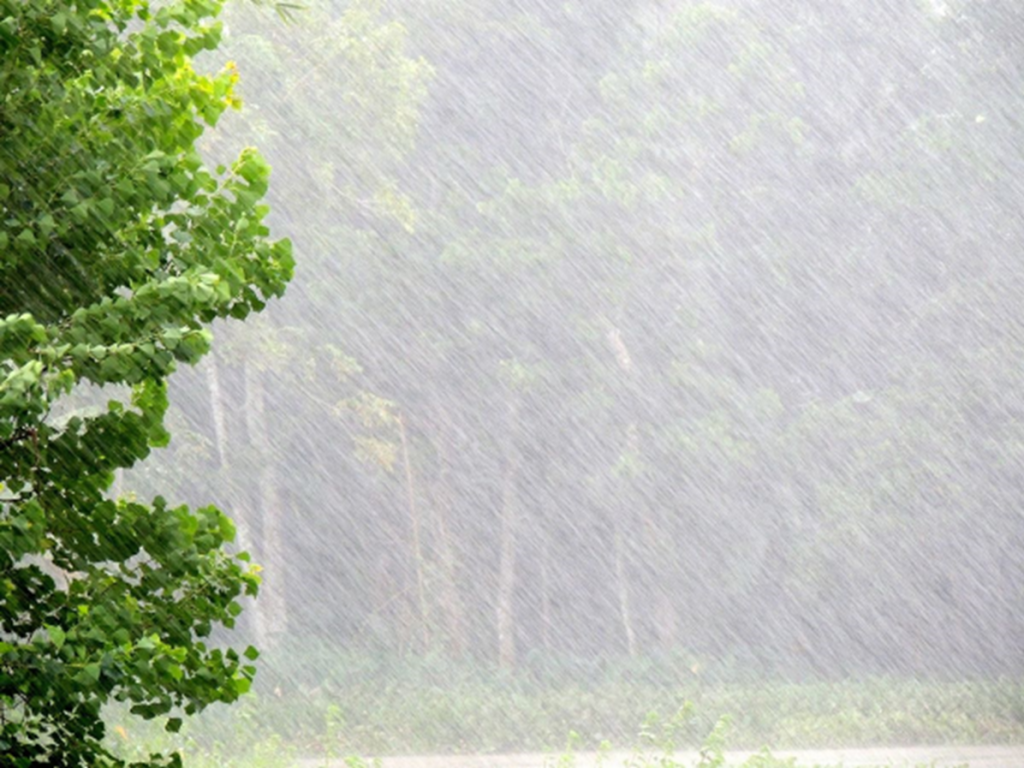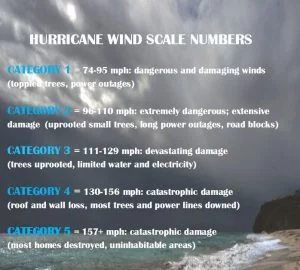Hurricane Season is officially under way and the devastating impact has already been felt by our fellow southern states. Luckily, Massachusetts is not at the top of the list of states impacted by hurricanes but hey, it’s 2020, so a little preparation certainly can’t hurt! Here are some tips to get you ready:
Get Prepared
- Don’t wait! Make sure you cover your property with the proper insurance policy. Policies like flood insurance typically require a full 30 days to become active. By the time you see a hurricane warning on the news, it’s too late.
- Ensure that your house meets the building codes for withstanding such strong winds and storms.
- Make sure your home is clear of potential debris and falling obstacles—far from power lines and old or large trees and unblock rain gutters, walkways, and spouts.
- Prepare an emergency kit, stock up on a fresh supply of batteries, and install a generator if possible.
- Ensure a supply of water—both for drinking and for sanitary purposes (fill bathtubs and containers too).
- Learn community evacuation routes and keep a list of important contact information for quick reference.
- Fill your gas tank up and keep emergency supplies in your vehicle at all times in case of a sudden evacuation.
- Check in frequently for updates about delays, cancellations, or emergency procedures.
During a Hurricane Watch or Warning
- Protect windows and other openings with plywood boards and permanent storm shutters.
- Brace exterior doors and close interior doors.
- Secure outside objects, and stow vehicles, tools, furniture and other equipment (which can’t be tied down) in your garage or basement.
- Keep your refrigerator closed and crank its thermostat to the coldest degree. Turn off any utilities not in use.
- If you are in a high-rise building, take shelter on as low a level as possible (below the 10th floor).
- Tune in to a radio or television to monitor weather patterns and information about the oncoming storm.
**Follow instructions from authorities immediately and evacuate immediately if advised to do so.**
When the Storm Hits
- Stay in a secure, interior room,such as a small windowless room, closet, or hallway at the lowest level of the building.
- Avoid windows, glass, and elevators
- Take cover beneath a sturdy table or desk, and crouch on the floor.
- Don’t use the phone except for emergencies and avoid using combustible objects (candles, heaters, etc.)
- Remain indoors even during the eye of the storm; it will resume shortly!
- Monitor weather conditions with a battery-operated radio or television.
After the Storm Hits
- Only exit the house if the storm has cleared or if you smell/spot gas leaks, fires, and other hazards.
- Before entering a building,carefully check for weakened walls and roofs, loose power lines, teetering trees, gas leaks or fumes, and other forms of damage.
- Turn on your flashlight BEFORE entering a dark building, because the battery could produce a spark that will ignite any existent gas leak.
- Use flashlights, not candles and NEVER use a generator indoors. It can release deadly levels of lingering carbon monoxide.
- Avoid and immediately report downed power lines.
- Do not drive unless absolutely necessary and watch out for flooded roads, unstable bridges, etc.
- Keep children and pets under close surveillance.
- Refrain from using tap water either for drinking or cooking purposes, as it may be contaminated.
- Continue to monitor weather conditions, in case of a second storm, extensive rainfall, or ensuing flooding or tornadoes.
- If you’ve evacuated and cannot return home, text SHELTER + your zip code to 43362 to locate the nearest shelter.
- If you’ve been separated from your family contact FEMA National Emergency National Registry and Locator System (NEFRLS) or the Red Cross.
Remember A-Affordable Insurance is here for you. So don’t wait! Call us at 1-800-89-SAVES, visit one of our 15 convenient locations, or fill out our quote request form so we can help you get the insurance protection you need.
For more safety tips visit https://www.atlantictraining.com/safety-tips/hurricane-safety-tips.php# and
—- Hurricane Safety Tips: Sources —-
- (1) Annual Disaster/Death Statistics for US Storms by depts.ttu.edu
- (2) Hurricane Katrina Deaths, Louisiana, 2005m page 1 by new.dhh.louisiana.gov
- (3) 2012 Hurricane Season Begins by census.gov
- (4) THE DEADLIEST, COSTLIEST, AND MOST INTENSE UNITED STATES TROPICAL CYCLONES FROM 1851 TO 2010 (AND OTHER FREQUENTLY REQUESTED HURRICANE FACTS), page 6 by nhc.noaa.gov
- (5) Hurricane Katrina by ncdc.noaa.gov
- (6) The Effect of Hurricane Katrina: Births in the U.S. Gulf Coast Region, Before and After the Storm, page 4 by cdc.gov




